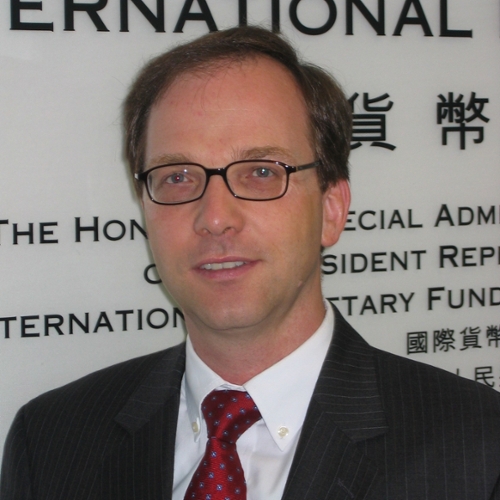
Brandeis is a very special community — both small and student-centered — which helps foster the diverse interests of students. As the first class of PhDs, my colleagues and I were kind of the guinea pigs, but we were also the pioneers. Though we took a risk by being the first class, we viewed it as an opportunity to help shape the program. Then there’s the faculty. Professor Rachel McCulloch served as my thesis advisor and provided a strong intellectual rigor alongside practical lessons for life. When I need to explain something complex to a junior colleague or to a minister or government official, I still think about how she would explain it.
I began as an economist at the IMF shortly after graduating from business school. I started out working on country cases, analyzing economic data and providing policy advice on fiscal, monetary and exchange rate issues. I moved on to become the IMF’s representative in Hong Kong, where I conducted outreach with financial market participants and monitored global movement in major markets. When I returned, I became deputy division chief of the Asia-Pacific studies division, which entailed preparing analytic reports and making policy recommendations for the region, from India to Japan and China to Australia. From there, I became deputy division chief for low-income countries in the strategy review and policy department. Then I took on the management of all of the IMF’s concessional financing operations for the benefit of its 70 low-income-country members as a division chief in the IMF’s finance department.
In my first country assignment, I put together a budget report for my mission chief that highlighted projections for revenue, investments and other metrics. The next day, I opened the newspaper to see my numbers on the front page. It was empowering to see that what I was doing had relevance and influence. On top of that, I've always enjoyed the fact that I work with a great pool of very talented people from all over the world.
The world needs global solutions more than ever. If you have an inquisitive mind and derive satisfaction from the pursuit of contributing to that greater knowledge in the service of global cooperation, getting an international business or economics degree is a good start. After you graduate, every path and every career is different, so have an open mind. You need to be curious and committed to the cause. Don’t focus too heavily on what might look great on your CV or on what your employer’s prestige says about them. Think more closely about what you want to do and what's important to you. When you really enjoy what you're doing, you will excel at it.
Program
PhD in International Economics and Finance
Job Title
General Resources and SDR Policy Division Chief
Employer
International Monetary Fund (IMF)
@BrandeisBusiness Instagram
View this profile on InstagramBrandeis Intl. Business School (@brandeisbusiness) • Instagram photos and videos
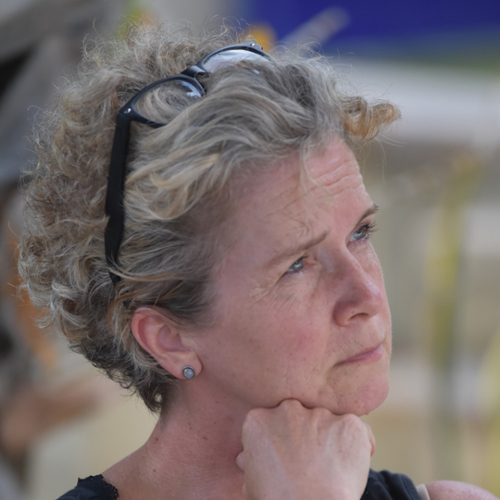
PhD’99
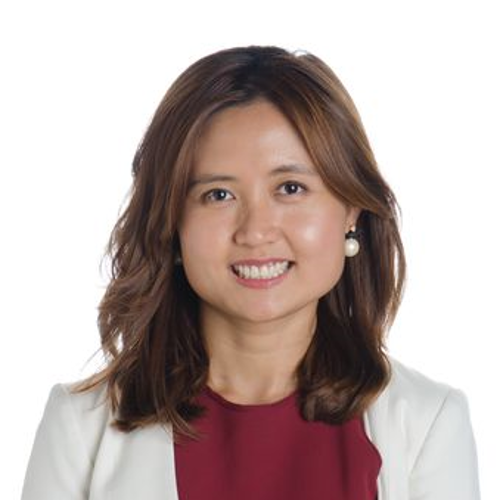
PhD’14
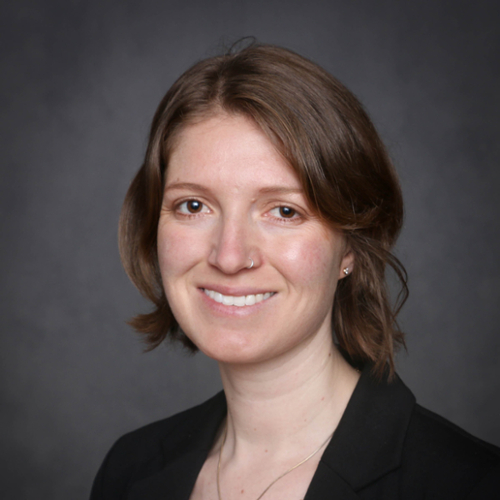
MA’12, PhD’16
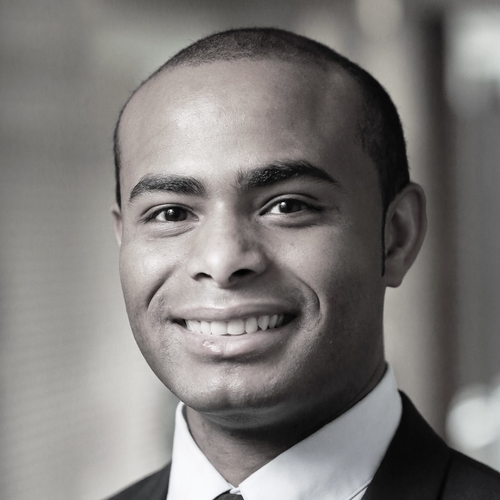
PhD’18